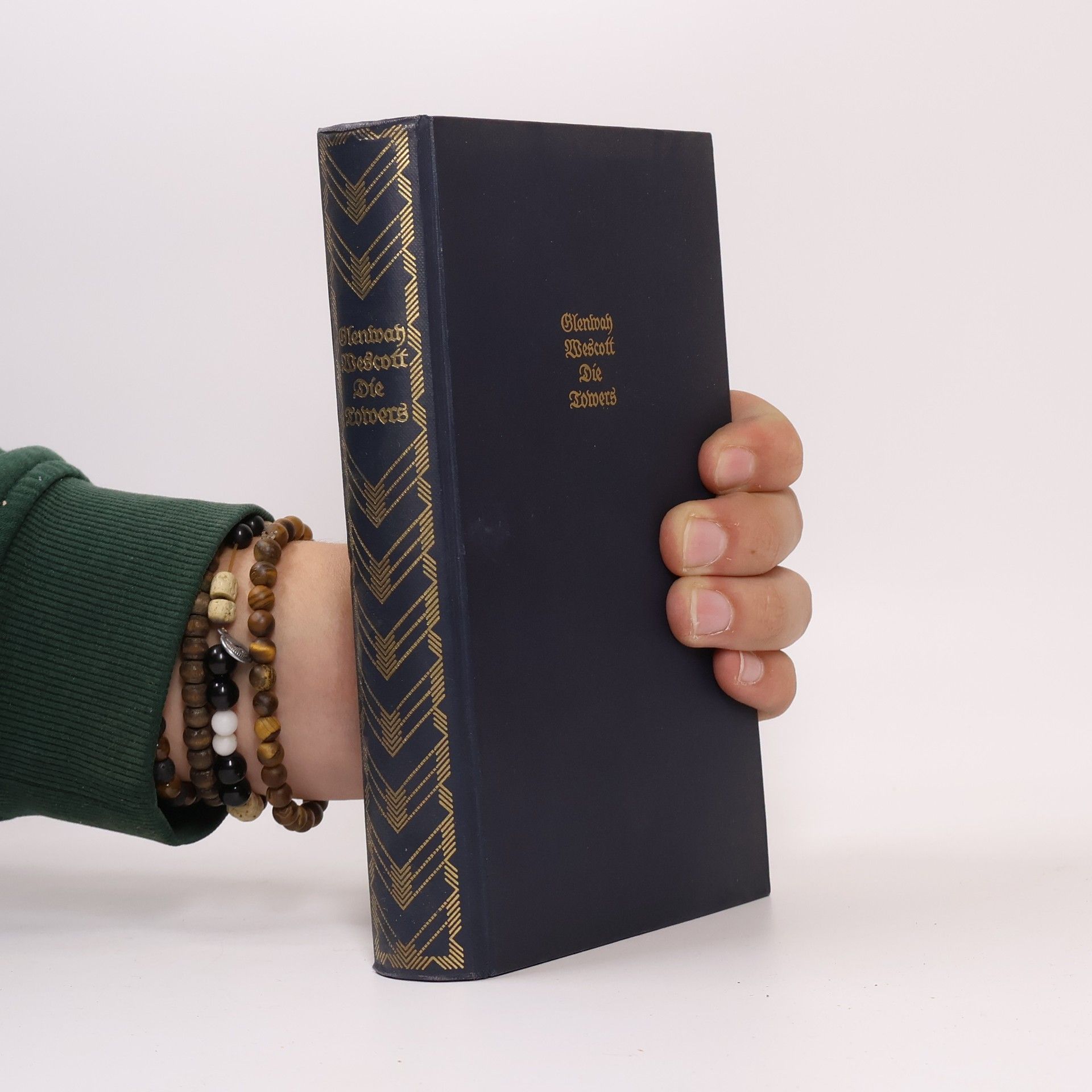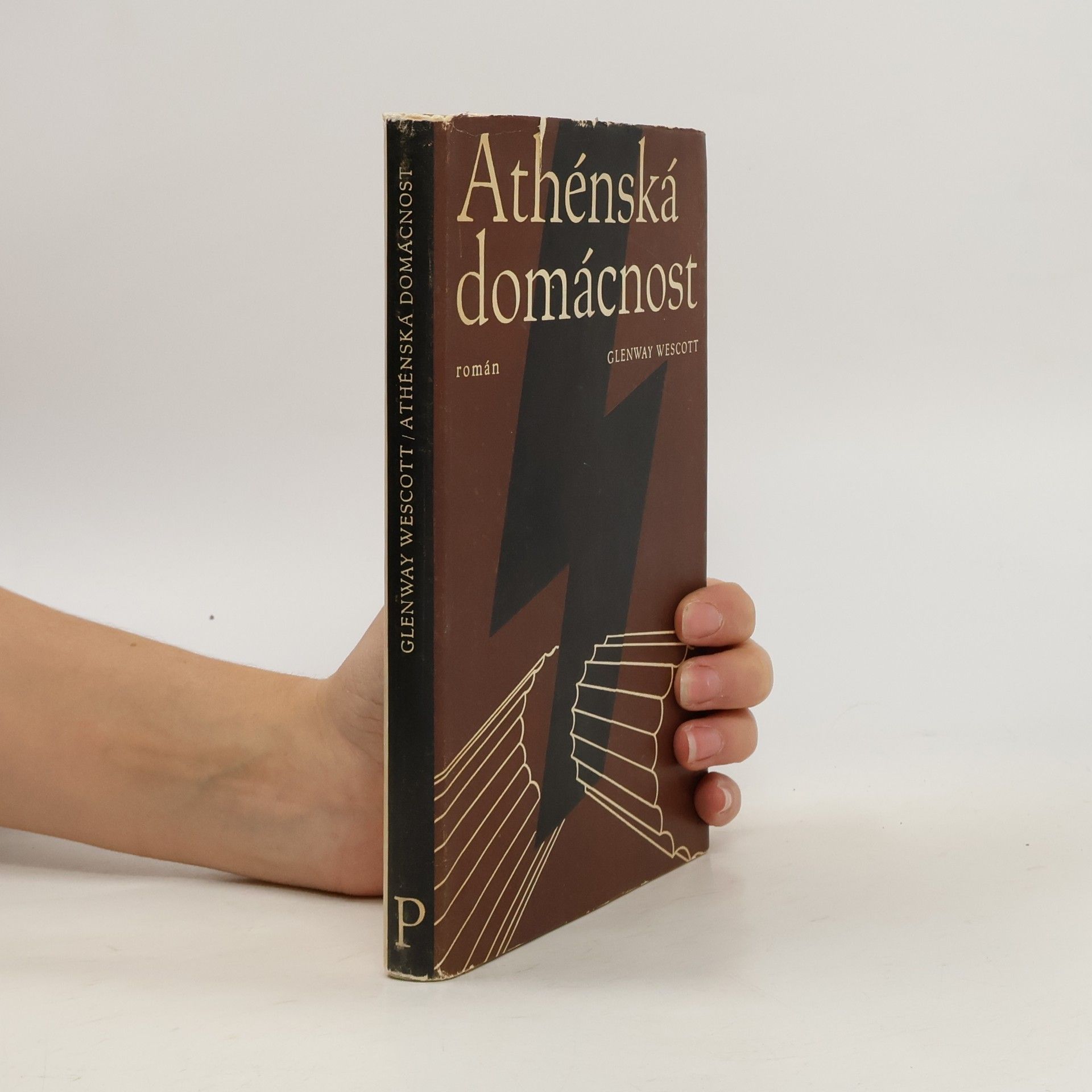Apartment in Athens concerns an unusual triangular relationship. In this story about a Greek couple in Nazi-occupied Athens who are forced to share their quarters with a German officer, Wescott stages a drama of accommodation and rejection, resistance and compulsion. Apartment in Athens depicts a great and terrible war through the lens of everyday existence. It is a tale of spiritual struggle in which triumph and defeat are next to impossible to tell apart.
Glenway Wescott Books
Glenway Wescott was an American novelist and essayist whose early work was set in the American Midwest, exploring themes connected to his native region. His later output included essays on political, literary, and spiritual subjects, alongside novels that often revisited established characters and narrative threads. Wescott's style was marked by keen psychological insight and elegant prose, offering readers a profound glimpse into the lives and minds of his characters. His posthumously published journals provide an intimate look at his literary friendships and personal life, enriching our understanding of his work and the era in which he lived.

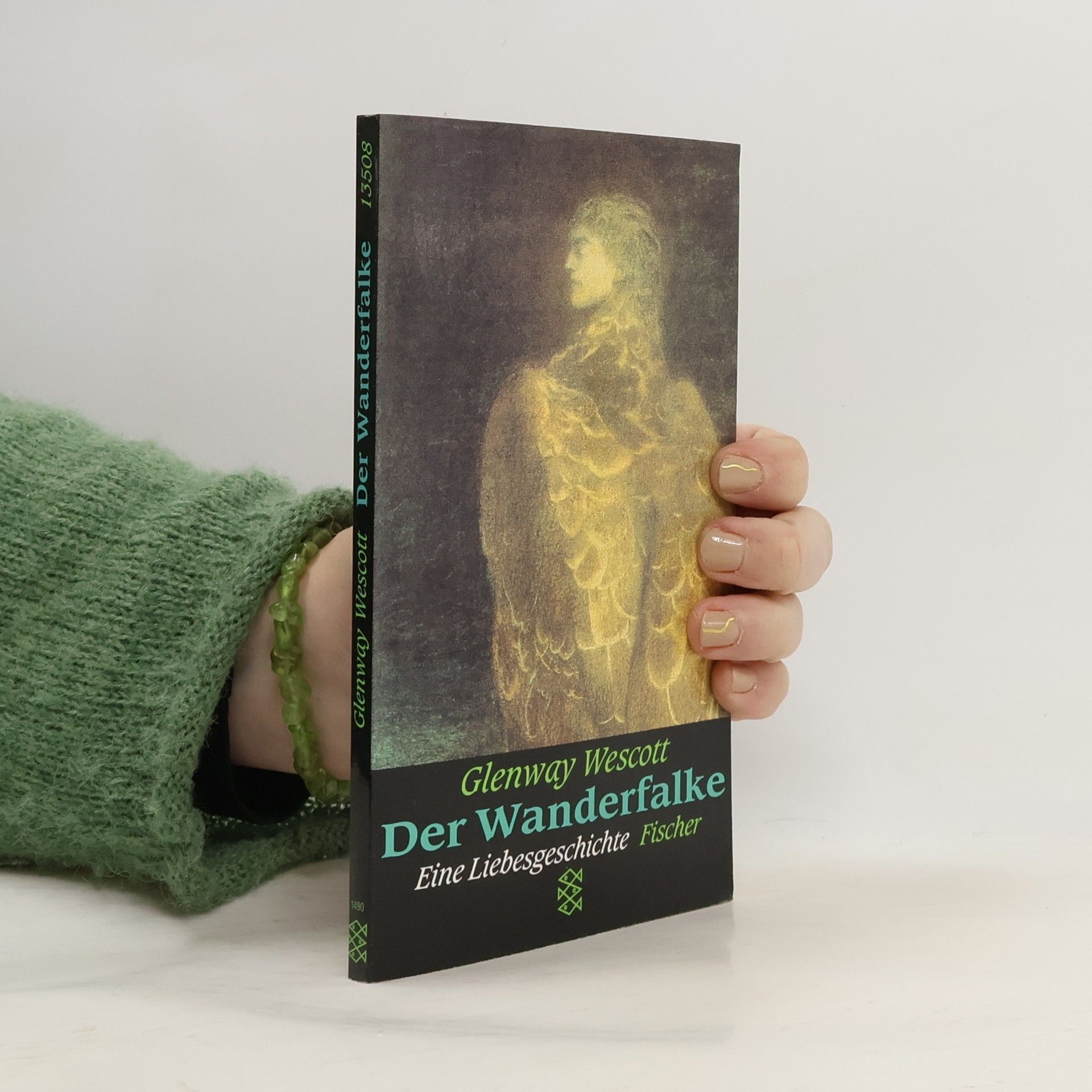

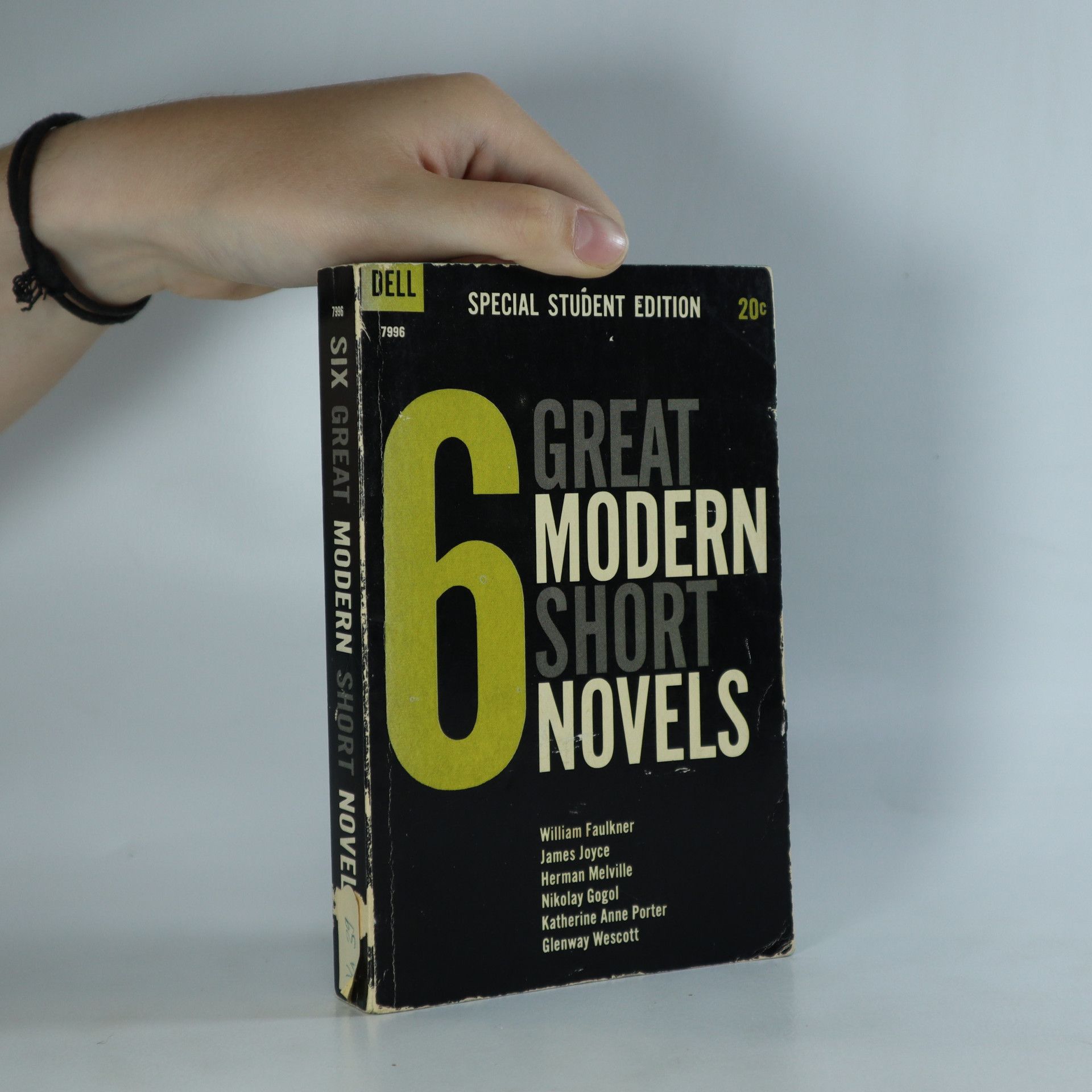
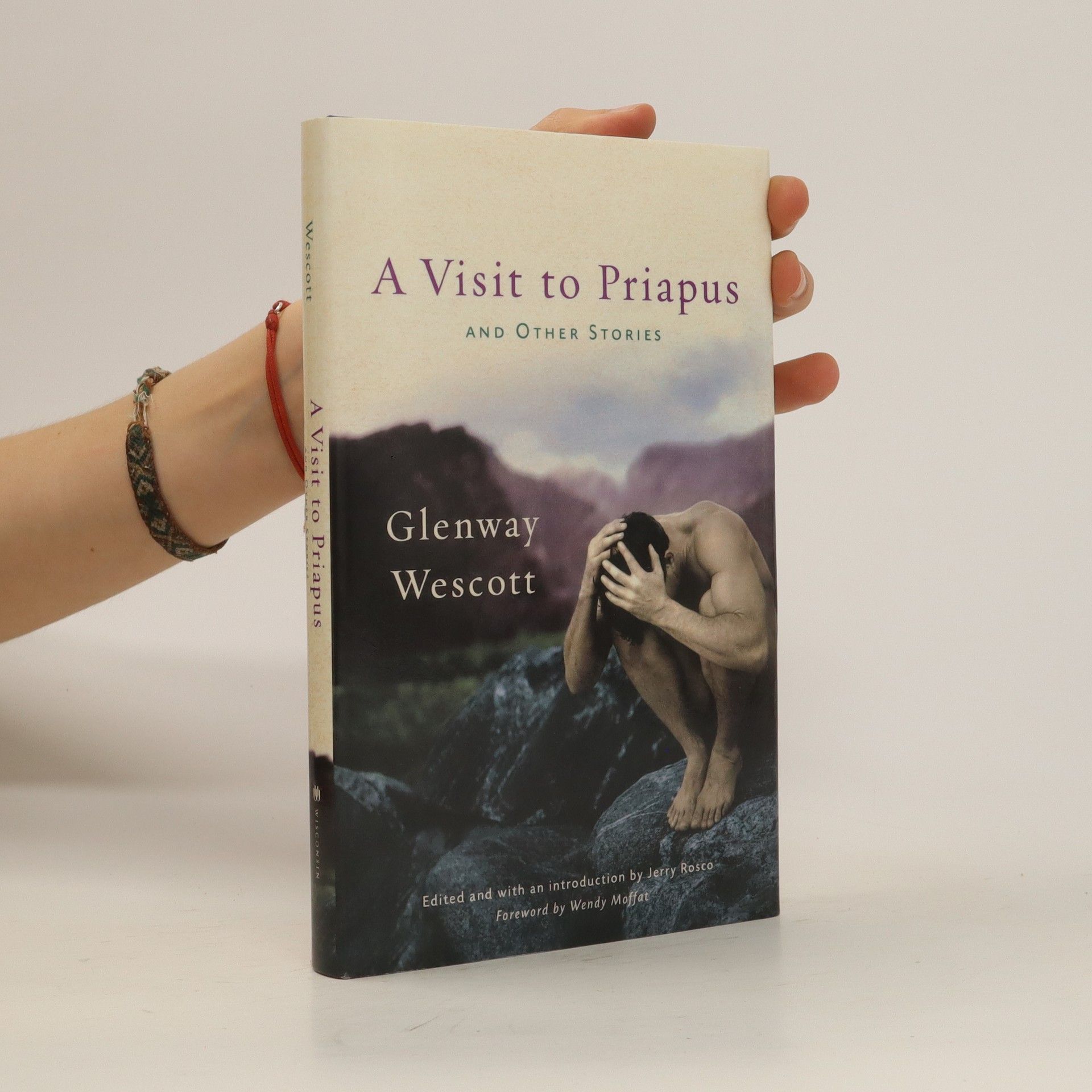

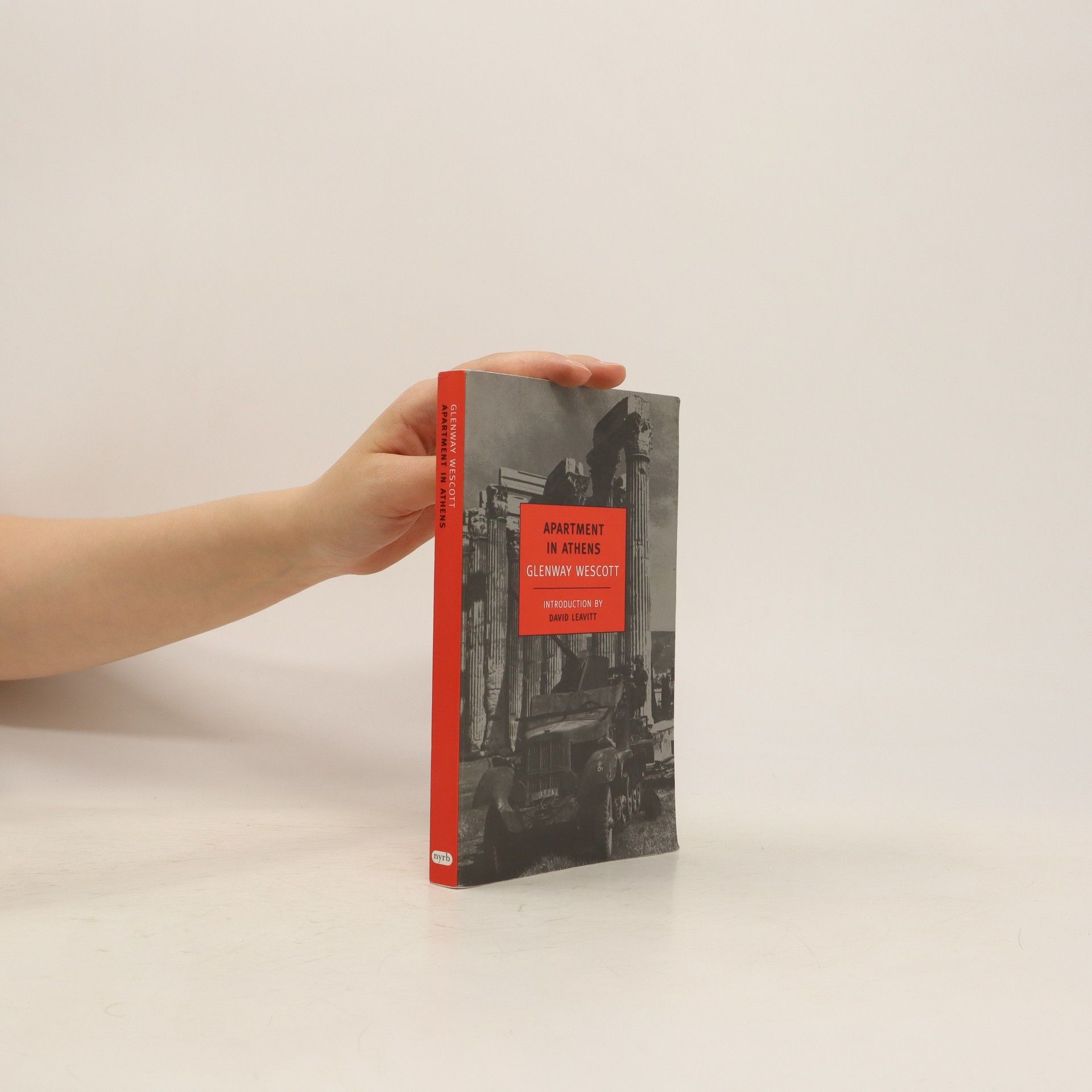
A Visit to Priapus and Other Stories
- 188 pages
- 7 hours of reading
Just as E. M. Forster's novel of gay love, Maurice, remained unpublished throughout his lifetime, Glenway Wescott's long story "A Visit to Priapus" was also destined to be a posthumous work, buried from 1938 until this century in Wescott's massive archive of manuscripts, journals, notebooks, and letters. The autobiographical story is about a literary man, frustrated in love, who puts aside his pride and makes a date with a young artist in Maine. Lavishly rendered in Wescott's elegant prose, the tale is explicit where it needs to be, but—as is typical of Wescott—it is filled with descriptive beauty and introspective lessons about sex and sexuality, love and creativity. Previously published in anthology form in the United Kingdom, "A Visit to Priapus" is presented for the first time in book form in America, containing previously uncollected stories, including three never before published. The result is a candid portrayal of the gifted but enigmatic writer who was famous in youth and remained a perceptive and compassionate voice throughout his long life. Drawn together from midcentury literary journals and magazines of the 1920s and 1930s, as well as from Wescott's papers, the stories were inspired by his life, from childhood to old age, from Wisconsin farm country to New York, London, Germany, and Paris. Finalist, Gay General Fiction, Lambda Literary Awards
Frankreich, Ende der zwanziger Jahre. Der junge Schriftsteller Alwyn Tower zieht sich zu seiner Freundin aufs Land zurück. Da tauchen plötzlich die Cullens auf, exzentrische Landadelige aus Irland. Mrs Cullen ist eine leidenschaftliche Jägerin. Wo immer sie ist, führt sie ihren Jagdfalken Lucy mit sich. Sie liebt den Vogel abgöttisch, ihr Mann hasst ihn zutiefst. Der schneidende Blick des Falken provoziert eine ganze Serie von spannungsgeladenen Auseinandersetzungen: in immer neuen Variationen bereden die Bewohner des Landsitzes Liebe und Treue, Leidenschaft und Betrug. Wunden brechen auf, Dramen nehmen ihren Lauf. »Tatsächlich ein Kunstwerk, wie es heute nur noch selten gelingt.« Christopher Isherwood
This powerful short novel describes the events of a single afternoon. Alwyn Towers, an American expatriate and sometime novelist, is staying with a friend outside of Paris, when a well-heeled, itinerant Irish couple drops in—with Lucy, their trained hawk, a restless, sullen, disturbingly totemic presence. Lunch is prepared, drink flows. A masquerade, at once harrowing and farcical, begins. A work of classical elegance and concision, The Pilgrim Hawk stands with Faulkner's The Bear as one of the finest American short novels: a beautifully crafted story that is also a poignant evocation of the implacable power of love.
